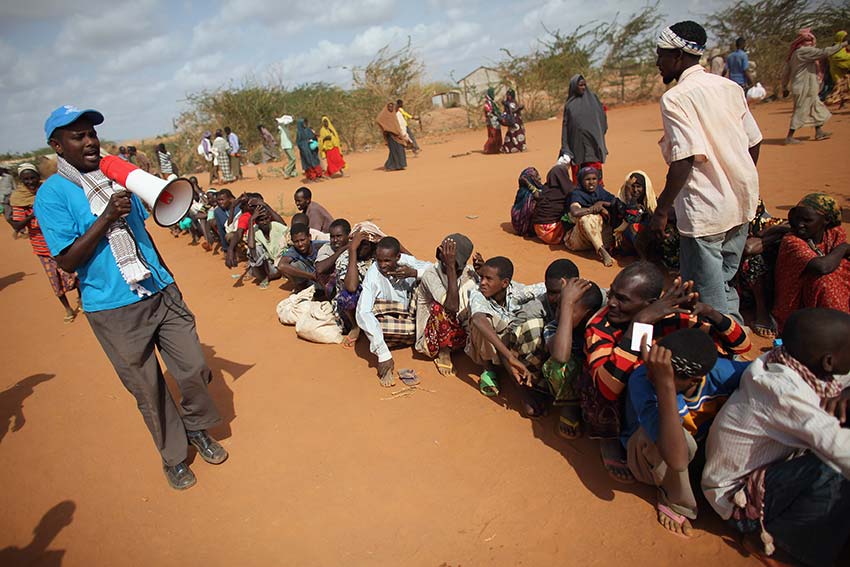
Photo Credit: Oli Scarff/Getty Images
Today, most of the world’s refugees — and most internally displaced people — are uprooted from their homes for protracted periods. While estimates vary, the average length of displacement can be between 10 and 26 years. What does this mean for how we manage refugee assistance and what does promoting self-reliance look like under these conditions?
In this episode, I sit down with Muzabel Welongo, Founder and Executive Director of Resilience Action International and a recent graduate of Georgetown University’s Walsh School of Foreign Service. A former refugee himself, Muzabel describes some of the systemic issues surrounding refugee aid, the negative consequences of well-intended aid efforts and the need to shift the paradigm from aid dependence to self-reliance.
This conversation is part of this year’s theme for A Deeper Look podcast, in which we explore the darker side of development — the paradoxes and unintended consequences that surround international development efforts. You can listen to the episode on iTunes, SoundCloud or wherever you get your podcasts. I invite you to subscribe and join the conversation by leaving a comment, submitting a rating or sharing this episode on social media.

Nice script depicting a new world of possibilities for all . Am quite impressed with the opportunities provided for a refugee to study Masters program in the US. It also shsow the resilence of the refugee.
Thanks for sharing